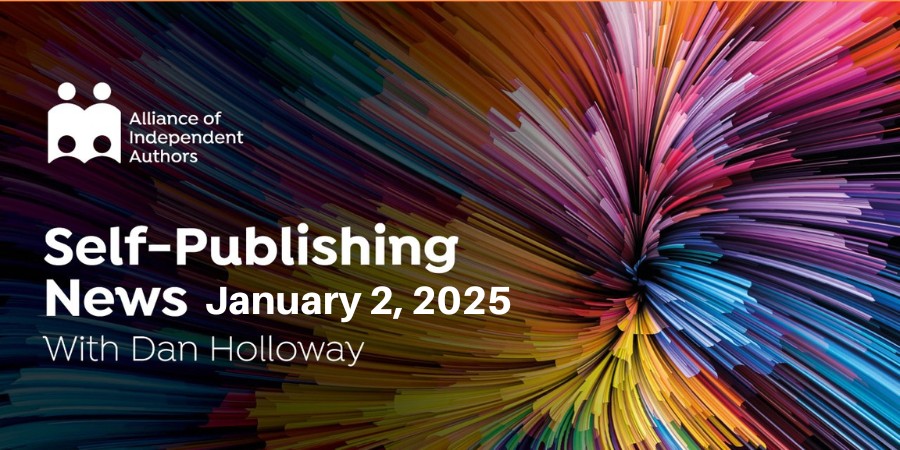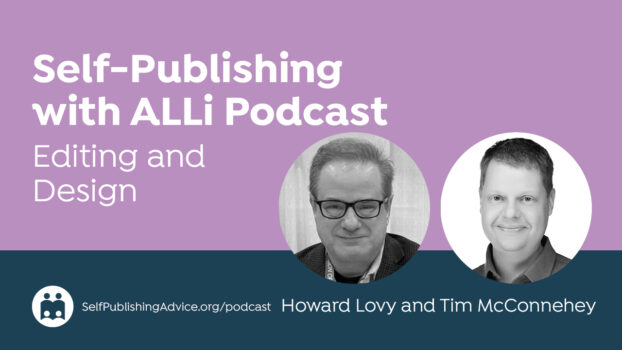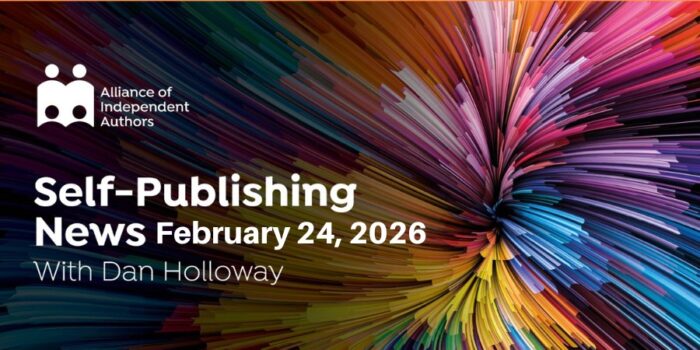Having spent a quiet period around Christmas looking back, it’s now time to shift focus and start looking ahead to 2025. This week between Christmas and New Year, with the exception of Tuesday’s TikTok murmurings, has been equally quiet—an ideal moment to reflect on what the coming year might bring.

ALLi News Editor, Dan Holloway
The first thing to say is that a huge amount will depend on what actually happens to TikTok in the United States. It has been such an important driver for younger readers and the sale of physical books that it is hard to know what will happen if it disappears—or, indeed, whether the bubble is already ready to burst or slowly disappear.
Trends in Reading and Publishing
What is probably fair to say is that TikTok turbulence is just part of what is set to be a year of significant political upheaval and possibly instability. So, about par for the course. That, of course, has an effect on what people do. Those fortunate enough to live somewhere where their immediate physical safety and survival are not imperiled but unfortunate enough to experience anxiety and uncertainty will tend to turn inward, seeking solace in their reading.
This tendency has driven the huge popularity of cozy mysteries and Romantasy in recent times. I see absolutely no reason to imagine 2025 will bring anything other than a continuation of this trend. Indeed, it may well expand to include the blossoming of other gentle and escapist genres, some of which might not yet be on people’s radar. That represents a potential opportunity for us as indies to get in at the start.
AI will, of course, continue to dominate the agenda. As more licensing deals are finalized, the risks and opportunities for those wanting to cash in on them will become clearer—as will the reality for those who want nothing to do with licensing their work to big tech. We should also start to have a clearer picture of what consumers think about AI and creativity. This matters because it would be naive to think that companies will respond to anything but profit or that governments will respond to anything other than companies and public opinion.
My predictions? We will see many more exploitative platforms like Spines trying to cash in on the notion of “AI democratizing publishing” (making it more important than ever to keep reading this column and following ALLi’s Watchdog and other trusted sources of information). We will also read many angry words about the “tsunamis of junk” resulting from generative AI.
At the same time, we’ll see more authors embracing AI to quicken their production lines—some of whom will make headlines with their successes. Conversely, there will also be a movement toward deep engagement with readers and the crafting of beautiful physical products. We may even see a rise in writers developing very distinctive, stylized, or arch narrative voices to stand out against an increasingly homogenized prose background.
Regulatory Changes on the Horizon
In terms of things we can be pretty sure will affect us, expect regulation in the EU to have an impact on everyone who sells into Europe. The Accessibility Act will come into force this year, requiring every ebook sold in the EU market to comply with accessibility guidelines. I spent last year reporting on how ill-prepared many large publishers still are. In theory, as small and nimble operators, we should be better positioned to keep up—though we will rely on the platforms we use. I will, of course, report on developments.
Thoughts or further questions on this post or any self-publishing issue?
 If you’re an ALLi member, head over to the SelfPubConnect forum for support from our experienced community of indie authors, advisors, and our own ALLi team. Simply create an account (if you haven’t already) to request to join the forum and get going.
If you’re an ALLi member, head over to the SelfPubConnect forum for support from our experienced community of indie authors, advisors, and our own ALLi team. Simply create an account (if you haven’t already) to request to join the forum and get going.
Non-members looking for more information can search our extensive archive of blog posts and podcast episodes packed with tips and advice at ALLi's Self-Publishing Advice Center.




